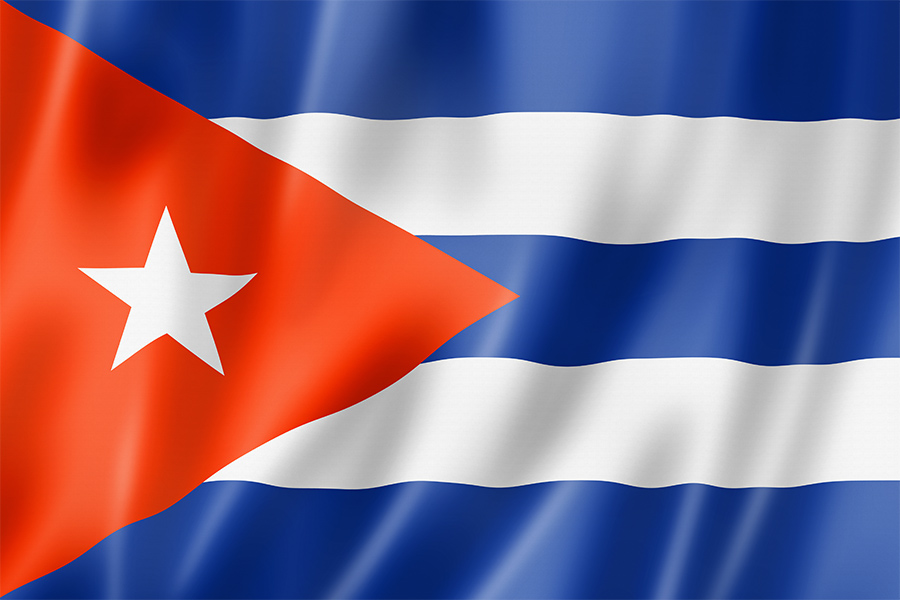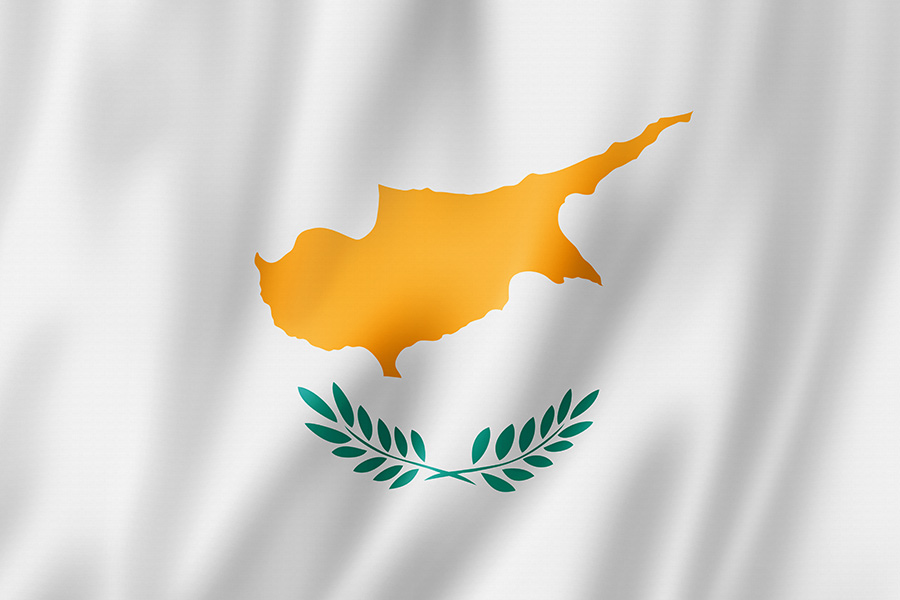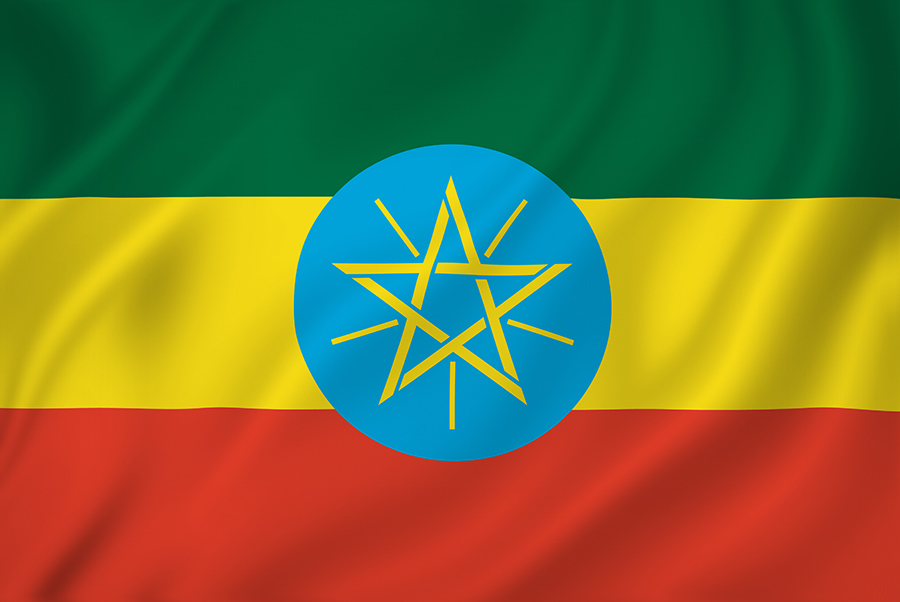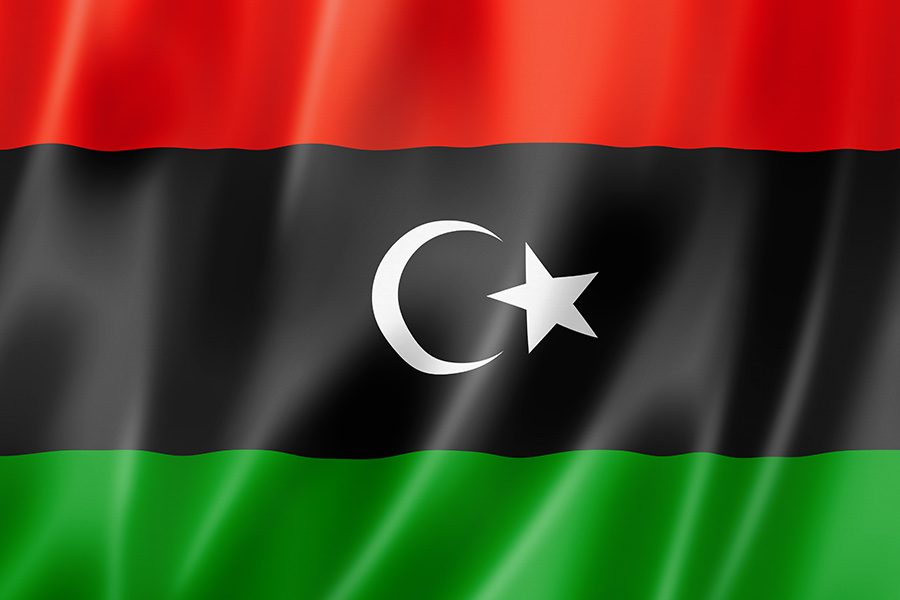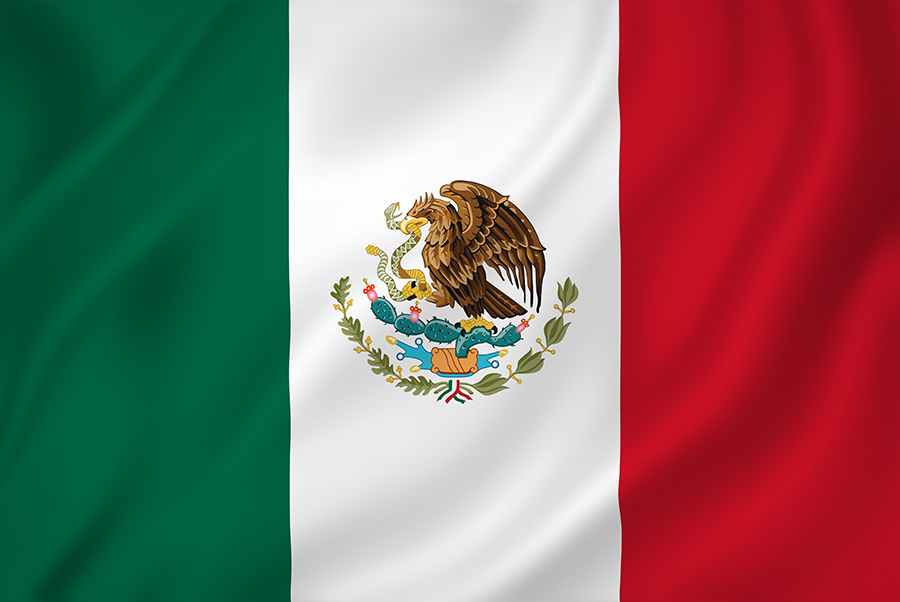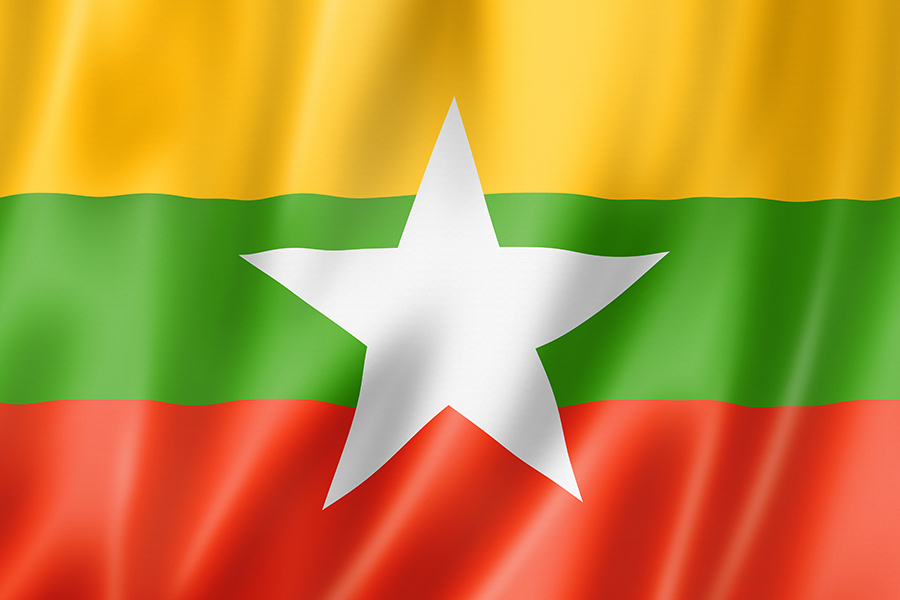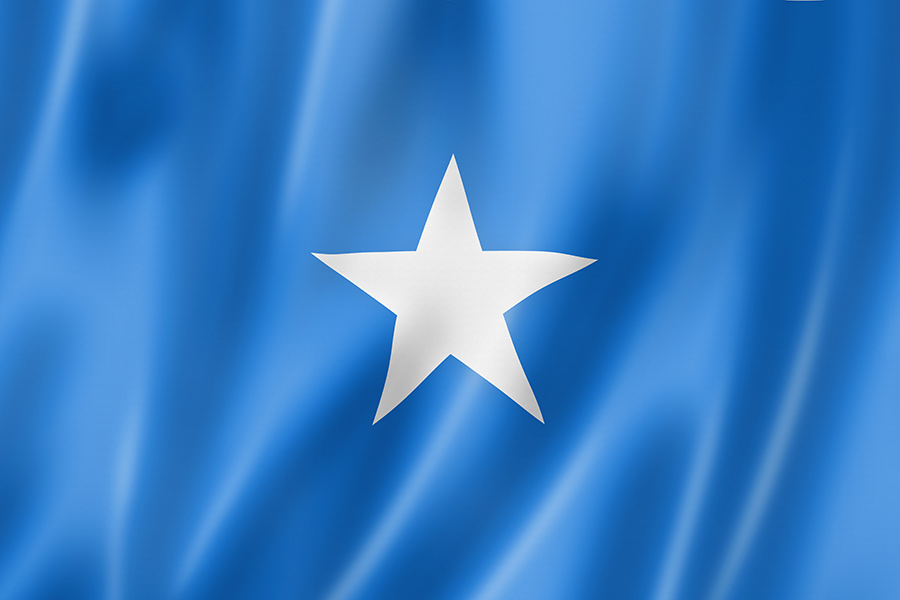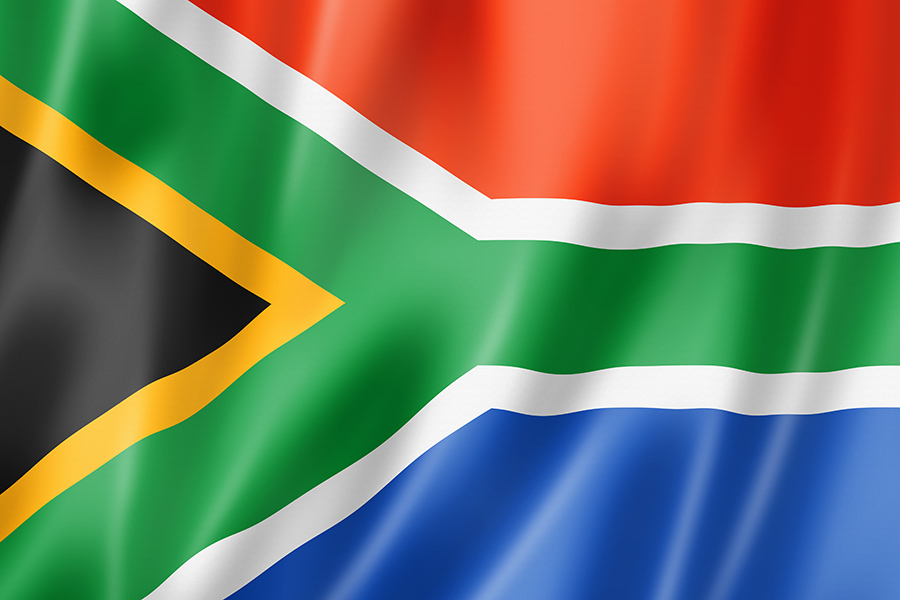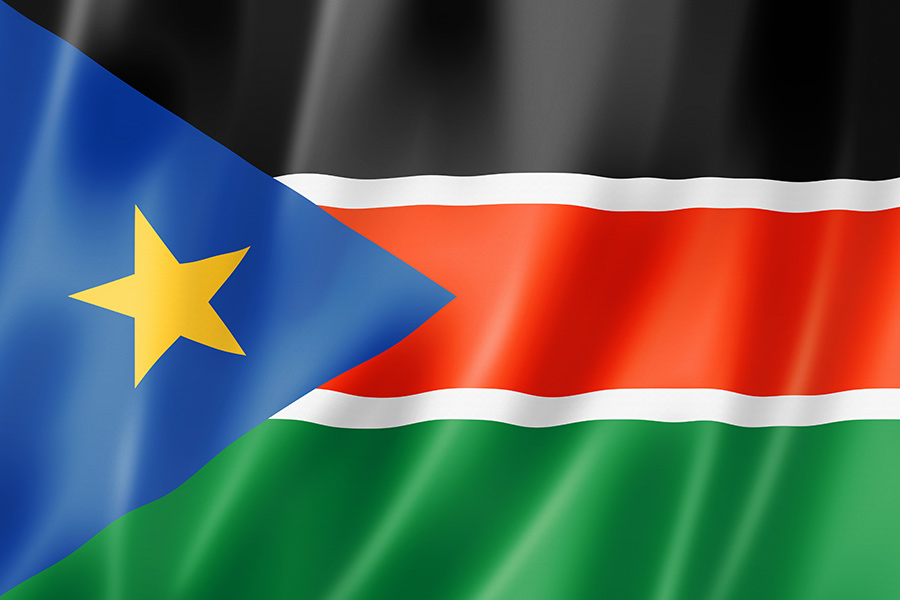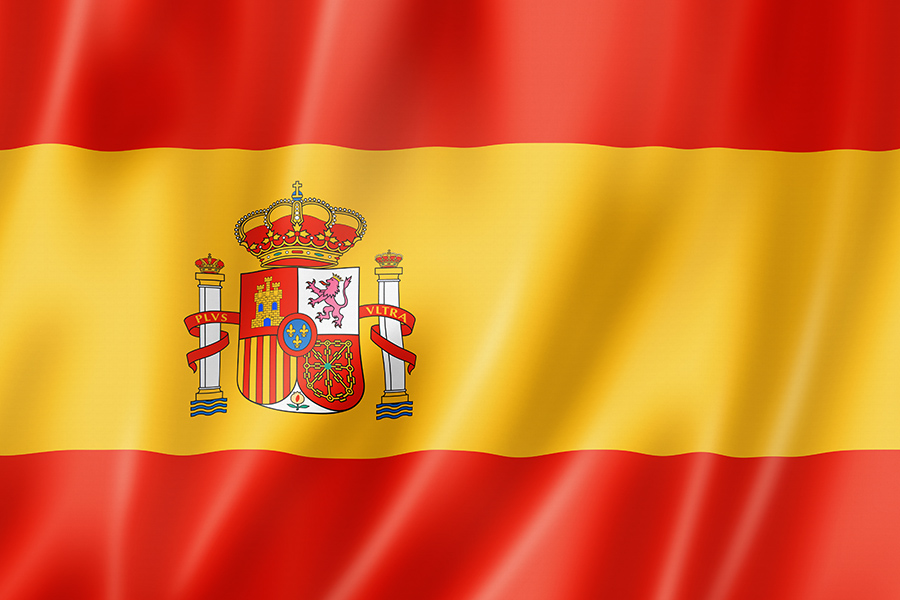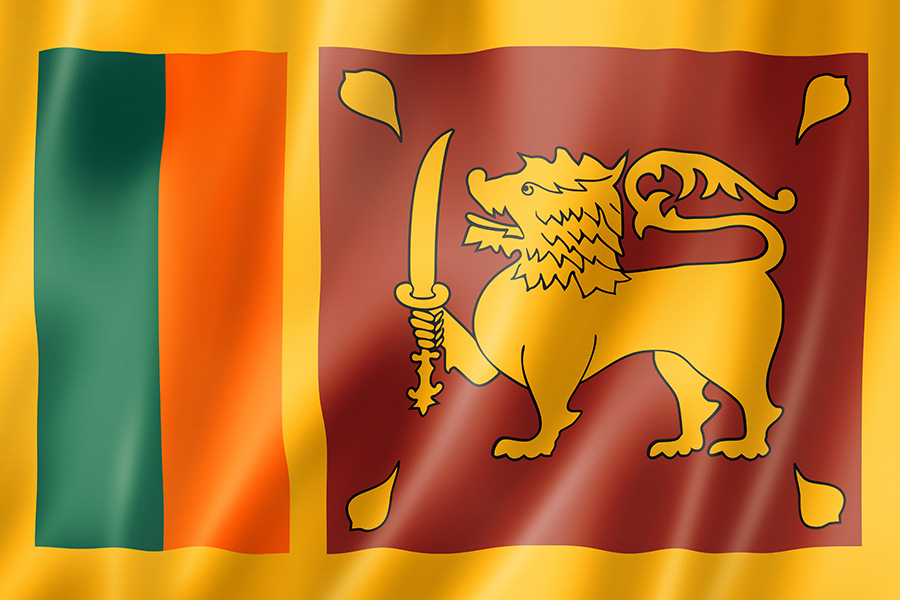[TravauxAntrieurs]
Argentina
The Forum began working in Argentina in 2002. Since then, the Forum has held a number of activities over the years in Argentina and engaged a number of Argentine experts in Forum events. The Forum has also signed two liaison partnerships arrangements with institutions in Argentina. Over the years, Argentine experts have also contributed to various Forum publications.
Some of the projects include co-organizing workshops on fiscal federalism with the Canadian Embassy in Argentina and the UNDP (2002), a needs assessment mission in the fall of 2006, a workshop on fiscal federalism and energy (2007), a seminar that compared high courts in federal countries, in March 2008, and a seminar on fiscal responsibility and the end of crisis (2010).FR
Australia
Australia has been a Forum partner country since 2006, participating in Forums programs from its inception, with Australian experts contributing to Forum programs around the world. Australian Senior officials have been involved in a range of the Forum’s key activities including international events and workshops, contributing to books and multimedia products, and providing training and technical advice about federalism.
Some of the Forum’s activities in Australia include Emergency Management in Federal Systems (2014), Workshop on Reassessing the Roles & Responsibilities of Australia’s Federal Governments (2014) and Colloquium on Metropolitan Governance in Commonwealth Countries (2009).
Brazil
The Forum has been working in Brazil since 2000, and in 2008, Brazil was the first South American country to become a partner country of the Forum and in 2014 Brazil became a full paying member. The Forum has implemented over 50 projects and activities with different Brazilian partners at all three levels of governments – a number of ministries and agencies at federal and state level, the Brazilian Congress, municipal government association, public banks – as well as universities and academic and research institutes.
In addition, the Forum involves a number of Brazilian experts in its activities around the world, who share Brazilian federal governance experience and good practices on a diversity of themes. Brazilian experts contributed their expertise in Forum’s programs in Nepal, Pakistan, Spain, Canada, Mexico, Argentina, India, Ethiopia, among others.
Canada
The Forum of Federations was founded following the 1999 International Conference on Federalism in an Era of Globalization, held at Mont-Tremblant, Canada. The has Forum has worked with a number of partners from a range of sectors and from across Canada. The Forum’s activities in Canada are guided by the Canada Program Advisory Group. Reflecting Canada’s geographic, linguistic and cultural diversity, it includes representatives from federal and provincial governments, universities, and non-governmental organizations engaged in areas related to federalism and governance.
The Forum’s activity in Canada has increased over the past several years. The Forum has cooperated on projects with all orders of government, as well as many institutions and organizations working in the governance sector. Partnerships with Canada’s federal government have included the Departments of Natural Resources, Human Resources and Social Development, Foreign Affairs and International Trade, Finance and the Privy Council Office.
Ethiopia
The Forum of Federations has been working with its Ethiopian partners since 2003, on a range of initiatives, including fiscal federalism, intergovernmental relations, conflict management and academic development. Ethiopia became the eighth partner country of the Forum of Federations in December 2006.
Some of the projects include Federal Governance in Ethiopia: Strengthening Peace, Democracy and Good Governance (2014-2016), Leading Federal Development in Ethiopia (2012-2014), and the Launch of an interdisciplinary Master of Arts program in Federal Studies at Addis Ababa University (2007).
Germany
Germany joined the Forum in October 2007. Its official liaison partner is the Federal Ministry of the Interior. The Forum has aimed at making significant contributions to the recent process of federal reform in Germany. Since its inception, German experts and practitioners have participated in Forum projects across the globe. They have not only contributed by presenting the German experience on specific aspects of federal governance, but have also gained insight into comparative experiences on federalism.
In addition to holding activities and workshops, Germany has also been a case study in more than a dozen thematic projects including Benchmarking in Federal Systems, Immigrant Integration and Federalism and Fiscal Transparency and Accountability, among others.
India
The Forum of Federations’ relationship with India dates back to 1999. Since then, India has contributed, organized, and hosted several international workshops, conferences and roundtables. The Forum works with India on the following key areas: public security, environmental governance, fiscal federalism, and local government. Senior Officials from India have been involved in a range of the Forum’s key activities including providing training and technical advice about federalism and international events and workshops, contributing to books and multimedia products.
In 2005 the government of India became a partner member of the Forum. India’s partnership with the Forum has expanded the influence, role and participation of key practitioners, officials and the government of India across the globe. Since 2005, twenty-seven Indian experts have been deployed by the Forum to the following countries: Australia, Brazil, Canada, Ethiopia, Iraq, Lebanon, Libya, Mexico, Myanmar, Malaysia, Nepal, Pakistan, Philippines, Spain, Switzerland, Sri Lanka, South Africa, Sudan, South Sudan, Tunisia, Yemen. In total, over 90 events, projects and contributions have taken place as a a collaboration between the Forum and India.
Mexico
The Forum has been working in Mexico since 2000, after being approached by the transition team of President-elect Vicente Fox to organize a workshop on comparative intergovernmental relations to inform the restructuring of intergovernmental relations in his new government. The Forum has called on a number of Mexican experts who have actively participated in Forum organized or sponsored events. Over the years, Mexican experts have also contributed to various Forum publications.
The Forum has organized over 40 activities with in Mexico, some of these programs include the Workshop on Anti-Corruption (2018), Regional Workshop for Elected Women Mayors in Mexico (2017), and Comparative Constitutional Dialogues: Constitutional Decentralization and local Organization in Latin America (2015).
Myanmar
The extent of challenges for peace, democracy and development in Myanmar are deep and widespread. The ethnic, religious and geographical diversity of Myanmar, and its post-colonial history, make federalism central to the peace, progress and prosperity of the country. Decades of armed resistance to military and central rule have made it clear that the majority and minority communities within Myanmar need a genuinely federal arrangement in the political, fiscal, cultural, and educational spheres, and in all aspects of public services and access to natural and other resources.
The idea of federalism has been formally embraced by the major parties and groups for many years, but that has not been translated into practice, and made a reality. Even under the relatively democratic political arrangements since 2016, federalism was not taken forward or seen as a major and immediate priority by the ruling party.
The Forum of Federations has identified two complementary areas that it deems appropriate for reform and development in Myanmar:
- Support to gender-sensitive policies strengthening federal governance in Myanmar;
- Empowering women to participate more equally with men in decision making in the context of a proposed federal state;
Nepal
The Forum of Federations has been active in Nepal since 2008. Its work has helped to build Nepal’s capacity in democratic decentralized governance. Through its various programs the Forum has implemented training workshops, seminars, roundtable discussions, study tours, public forums and research projects, policy and training materials.
To help improve the writing of the new Nepal constitution, Forum experts trained Nepalese officials on the design and function of a federal system of government.
The Forum has also implemented the program Empowering through Training – Aiding Nepal’s Civil Service to Implement a Federal System, which concentrated on the process of state transition and aimed to strengthen capacities of Nepal’s senior level civil servants in civil reform and restructuring so that they are better prepared for Nepal’s transition from a unitary to a federal system.
Nigeria
Nigeria was the first country to become a partner country of the Forum at the very beginning of the internationalization process in early 2005.
The Forum has been working in Nigeria since August 2000, when it co-organized a workshop for twenty-six of Nigeria's governors, resulting in the creation of a Nigerian Governors' Forum (NGF). Senior Officials from Nigeria have been involved in a range of the Forum’s activities including providing training and technical advice about federalism and international events and workshops, contributing to books and multimedia products.
Pakistan
The Forum of Federations has been active in Pakistan since 2009, implementing substantial programs in support of the Government of Pakistan’s program of reform and to strengthen federalism. The Government of Pakistan became a partner of the Forum of Federation in 2012. Pakistan partnership with the Forum reflects Pakistan’s commitment to federalism.
Since 2009 and after the 18th amendment the Forum has fostered the debate of federalism in Pakistan and has provided a platform for decision makers, government, civil society and media to learn from the international best practices in federal and devolved governance. Some of the key Forum activities held in Pakistan over the years include the Support to Development Planning (SDP) in Islamabad and Khyber Pakhtunkhwa, the Seminar on Fiscal Federalism: Fiscal Accountability and Positive Change, and Leadership Summits on Federalism.
Somalia
The Forum’s first major initiative in Somalia started in 2015: Building Capacity for Federal Governance as a Source of Peace and Security in Somalia. This project convened two major dialogue-training sessions that included senior, mainly minister level, representatives from all the new/emerging federal member states/regions as well as key federal government institutions.
South Sudan
The Republic of South Sudan emerged as an independent nation in July 2011 as the culmination of the six-year Comprehensive Peace Agreement (CPA). Since 2011 the Forum of Federations has worked towards building increased capacity of influential actors involved in all future stages of the constitution making process in South Sudan, as well as increased capacity of the key figures from civil society, media and political parties and other key sectors to lead a process of dialogue and debate over federal-devolved governance issues and their constituents to provide well-informed, more inclusive input into the constitution making process in South Sudan.
Some of the projects the Forum has worked on in South Sudan include, South Sudan Decentralization Support Program (2011-2015) and Establishing an East Africa Regional Network on Federal-Decentralized Governance under the Intergovernmental Authority for Development (2015-2016).
Sri Lanka
The Forum worked in Sri-Lanka over the years from 2002-2011. Throughout this period the Forum enhanced the peace process in Sri Lanka and suggested efforts for a credible political solution in the war-torn country through providing of technical expertise and recommendations on federalism.
The Forum hosted a number of public education activities, and involved journalists, political scientists, academics, civil servants and high court judges, to enhance their knowledge and understanding of federal and multi-level governance models, including such issues as power-sharing, minority rights, intergovernmental relations and fiscal arrangements within federal systems. It also developed a lexicon on terms used in federalism in the Tamil and Sinhala languages; in addition to developing, publishing and distributing educational materials on federalism and power-sharing in Sinhala and Tamil including several special editions of Federations magazine.
Switzerland
Switzerland was one of the first countries to join Canada in supporting the Forum of Federations. While formal partnership dates from 2005, the Forum has enjoyed a mutually beneficial relationship with Switzerland since its founding in 1999. Starting in 2002, the Forum has organized learning events in Switzerland where international experiences have been brought to inform debates on Swiss federalism policy. This has ranged from structural issues such as intergovernmental relations to topical issues such as immigrant integration policy.
The Forum has a long history of cooperating with Swiss institutions in providing access to federalism training for youth and young professionals from around the world. To date, Switzerland and the Forum have signed four bilateral agreements and Switzerland has been is a case study in over a dozen thematic programs.
Tunisia
The Forum worked in Tunisia since 2011, after Tunisians elected a Constituent Assembly to write a new constitution nine months after they overthrew President Zine El Abidine Ben Ali in the Arab Spring.
The Forum has worked on two main projects in Tunisia, Support of Constitutional Reform and Decentralization in Tunisia (2012) and Support for Decentralization in Tunisia (2015-2016). This work focused on reinforcing Institutions to coordinate and implement the decentralization process enshrined in the new Constitution. The Forum was also essential in providing education and resources on decentralization for Civil Society and Media and Increasing intellectual capital on decentralization publications and training materials.
United States of America
The Forum has not had an active governance program in the United States, although many experts and practitioners from the United States have been active participants in Forum activities. Since the year 2000, the Forum has maintained working relationships with both the Council of State Governments and the Meyner Center for the Study of State and Local Government at Lafayette College. These relationships have, in many cases, assisted the Forum to identify and approach U.S. experts.
The United States has also been a case-study in all eight Global Dialogue themes. In each case, the Forum sponsors a national round table of 20 to 30 participants from politics, public administration, the media and academia.
Libya
The Forum began working in Libya following the fall of the Qadhafi regime when federalism emerged as a highly polarizing issue in the country. In the project entitled “Supporting Transition in Libya” the Forum conducted training sessions for law makers and politicians in Tripoli and Benghazi on comparative federalism and devolution and training sessions for members of civil society and the media in Tripoli and Benghazi on comparative federalism and devolution. The Forum’s primer on federalism in Arabic was also distributed.
Sudan
The Forum worked in Sudan from 2005-2011, throughout this time the Forum assisted senior officials in Sudan in designing and developing the institutions for the new Sudanese Government of National Unity through provision of technical expertise and specialized information on federal governance. The Forum provided options for Sudan’s senior policy makers on how to implement important federal aspects of the Comprehensive Peace Agreement between the Government of Sudan and South Sudan. The Forum also brought together policymakers, academics, civil society, political party members and journalists to influence the debates and decisions about how to share power and wealth in Sudan and worked with Sudanese universities to develop a curriculum on federalism.
Iraq
The Forum worked in Iraq from 2005-2009, during this time the Forum advised Iraqi constitution drafters and parliamentarians on ways of implementing a federal system and built local research capacity in the principles and practices of federalism. The Forum developed public education materials in Arabic and Kurdish on federal systems and provided training on federal systems to Iraqi members of parliament, journalists and members of the Constitutional Review Committee. The Forum together with deans of law schools at Iraqi universities designed a foundation-level course on federalism for leaders of tomorrow’s Iraq. The Forum also provided video modules and a primer on federalism in Arabic.
Cyprus
The Forum has been engaged in Cyprus since 2016, supporting stakeholders in the context of the United Nation’s mediated peace process. This process, which is predicated on the creation of a bi-zonal, bi-communal federation on the island, aims to bring the conflict which currently divides the country to a peaceful settlement. At the request of the Special Representative of the Secretary-General, the Forum’s work has focused on supporting stakeholders to increase their awareness and understanding of the principles and practice of federalism, and the options available for a prospective federal Cyprus.
In November 2019, the Building Federalism event brought together fifty-five politicians, academics, lawyers, journalists, civil society leaders and business people to explore the potential of federal models as a solution to the Cyprus conflict. Drawing on international comparative perspectives, Forum experts discussed key governance issues in the Cypriot context, including security architectures in federal systems, the role of courts in the protection of minority rights in federal systems, and the role and practice of local government in federal systems.
Cuba
In February 2019, the country adopted a new Constitution that formalizes a series of significant governance reforms, including transferring certain competencies to provincial and municipal governments and strengthening the autonomy of provinces and municipalities. In response to a request by the Cuban government, the Forum of Federations (the Forum) implemented a project entitled Support to Fiscal and Administrative Decentralization in Cuba in October 2019. The project, which was supported by Global Affairs Canada, consisted of a three-day workshop held in Havana between October 22 and 24, wherein three Forum experts from Argentina, Canada, and Mexico shared knowledge with 29 key practitioners involved in the Cuban decentralization process. The project met its primary objective of increasing Cuban stakeholders’ knowledge of fiscal and administrative decentralization issues. The vast majority of the participants confirmed that they would use the acquired knowledge in decision making concerning their decentralization work.
Spain
The Forum of Federations has been working in Spain since 2002. While Spain does not describe itself as a federation, it is one of the world’s most devolved systems of government. The Forum has undertaken a number of projects and co-organized numerous activities with different Spanish partner institutions, including the Manuel Gimenez Abad Foundation for the Study of Parliaments and Autonomous Status in Zaragoza, the Centre for Political and Constitutional Studies linked to the Spanish Presidency, in Madrid; the Institute for Autonomous Studies in Barcelona; the Institute of Comparative Public Law at the Carlos III University in Madrid, among others. The projects covered a broad array of topics, such as intergovernmental relations, public security, immigration policies and immigrant integration, governance of metropolitan regions, health care decentralization, water management in federal and federal-type countries, fiscal federalism, territorial pluralism, federalism and education, COVID-10 and federalism, and others.
South Africa
The Forum of Federations has been working in South Africa for years. The Forum has undertaken a number of projects and co-organized activities with different South African partner institutions and experts. Some of these projects include, COVID-19 and Federalism, Governance of Metropolitan Areas, Health Care and Federalism as well as different papers regarding Intergovernmental relations.
On March 29, 2016, Forum of Federations with School of Public Leadership, Stellenbosch University and the Konrad Adenauer Foundation joint hosted a seminar titled: Financial Governance Reform in Multi-Level Systems of Government. This forum was located in Stellenbosch, South Africa as a pre-conference event prior to the bi-annual International Winelands Conference. The presentations and discussions during this seminar confirmed the value of comparative experiences and approaches to questions of financial reform in South Africa, as well as the need to be innovative in finding new funding solutions for some of the problems of societies around the globe today.






